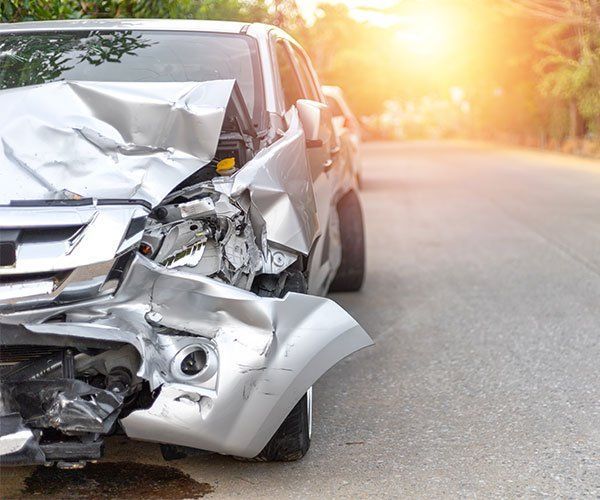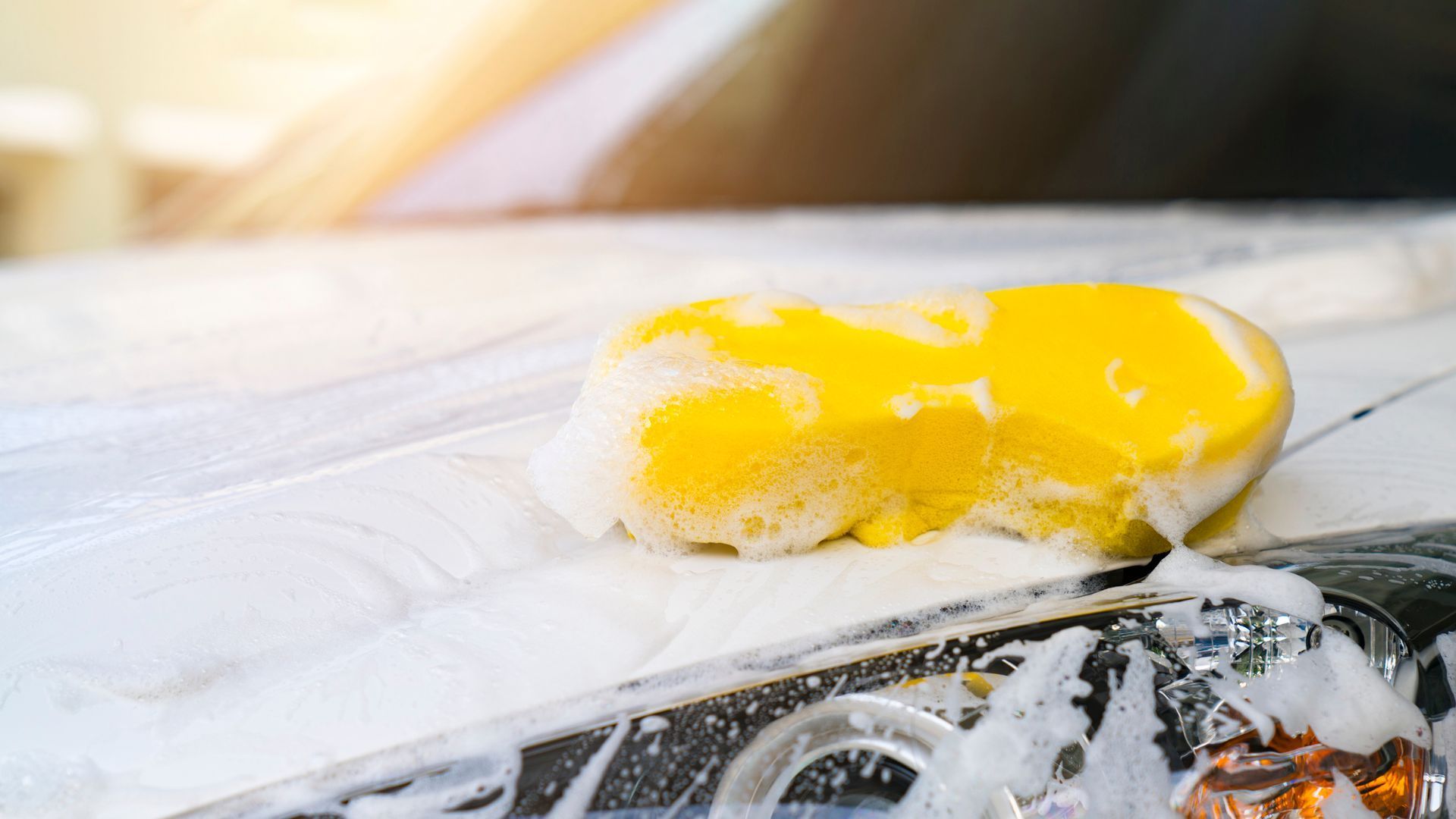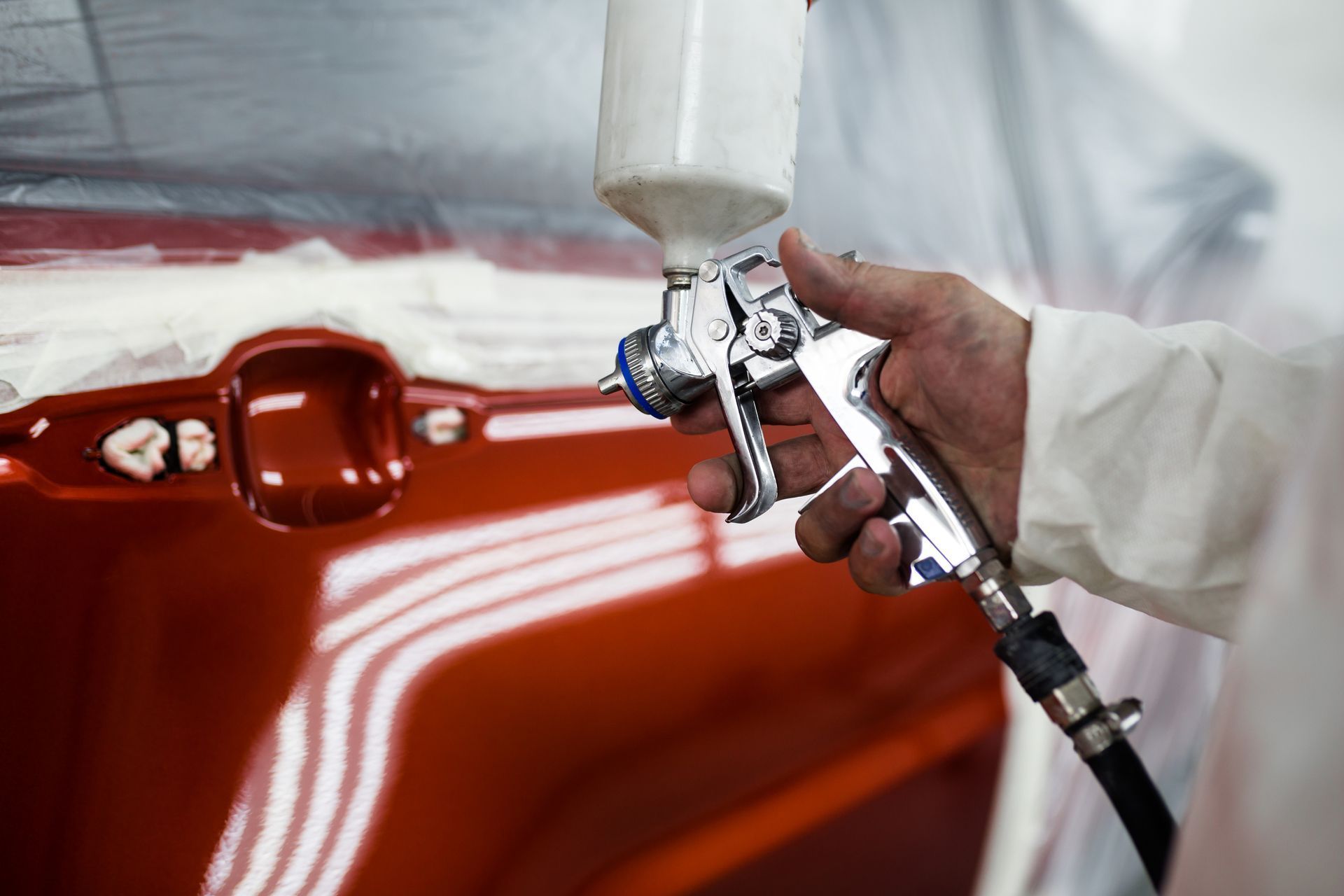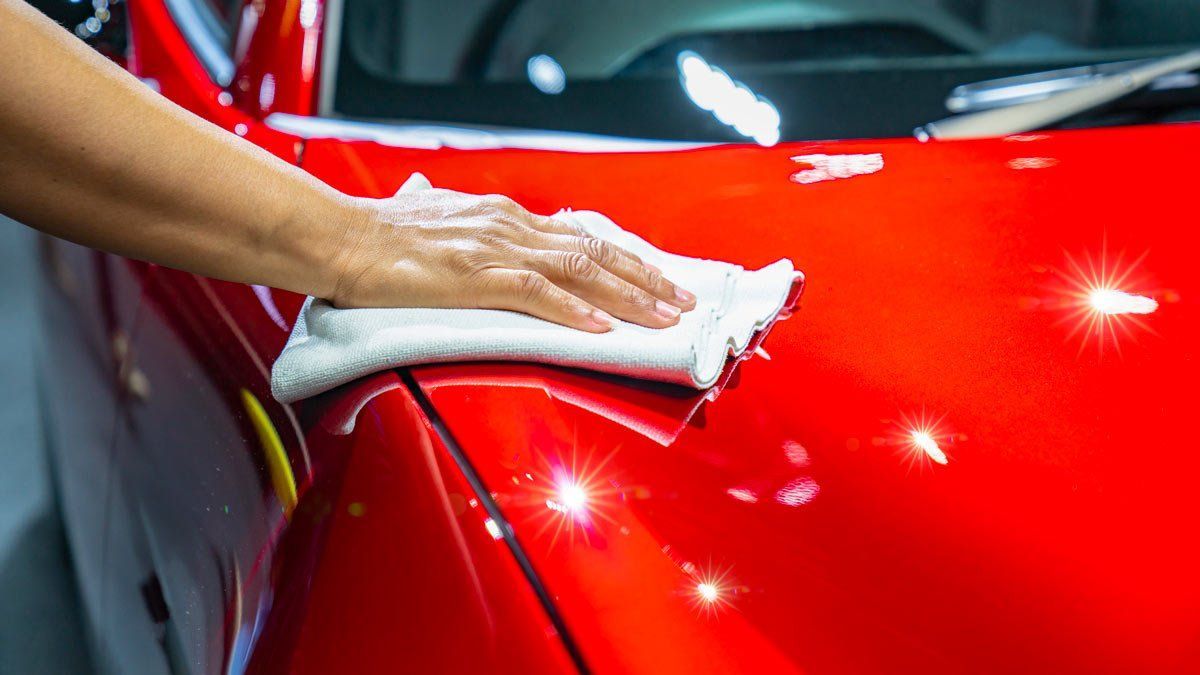4 Ways a Messy Vehicle Can Cause an Accident

Many car owners tolerate road grime, dirty windshields, and littered cabins as embarrassing but not critical problems. In truth, however, many common messes found in or on cars can lead to safety problems, which in turn may lead to accidents that damage vehicles and injure occupants. If you want to make sure that you give yourself and your loved ones the safest, easiest driving experience possible, pay attention to the cleanliness of your car's interior and exterior. Here are four examples of how neglect in this area can set the stage for danger and damage. 1. Loose Objects Cause Distractions Anyone who has ever experienced whiplash due to an auto collision can attest to the forces transferred to a car's cabin during a sudden stop. Unrestrained objects inside the cabin (including, in some cases, the heads of occupants) can keep moving around even when the vehicle has stopped. The same force that might throw your head forward can also send loose objects flying into your auto glass, or they can collide with you or a passenger. And you should keep in mind that you don't have to get into a collision to experience this danger. Any sudden stop or sharp turn could send objects flying. Get into the habit of securing loose objects inside your front-row console, glove compartment, or any other containers that will stay put. And throw away even lightweight trash that might distract you while you drive. 2. Cluttered Footwells Interfere With Pedals Some items may find their way down into the footwells of your vehicle, where they may go unnoticed or forgotten. Unfortunately, they may call attention to themselves at the worst possible moment. A solid object, such as a soda bottle or can, may roll beneath the brake pedal. If this happens, you may suddenly find that your brake pedal doesn't respond when you press down on it. Your brakes won't work unless you can quickly remove the obstruction without placing yourself in even greater danger of an accident. A thorough interior detailing job will eliminate these kinds of hidden or neglected dangers from the floorboards and footwells of your vehicle. But between detailing jobs, check beneath the seats and underfoot every time you plan on driving your car to ensure that you won't encounter an unwanted surprise later. 3. Dirty Glass Impairs Visibility If you don't wash your car regularly, dirt and other contaminants will gradually build on the exterior surfaces of your windshields and side windows. This change may occur so gradually that you don't even notice it until sunlight strikes the glass. You may suddenly find yourself unable to clearly see surrounding cars or pedestrians. Your windshield wipers may not be able to eliminate this impairment on short notice, or you may not have enough wiper fluid to remove the dirt effectively. To prevent this situation, get the interior and exterior surfaces of your window glass professionally cleaned periodically. 4. Salty Cars Develop Rusty Parts To some drivers, a dirty car constitutes nothing more than an eyesore, but the particulate matter stuck to the body and undercarriage of a vehicle may include salt. This problem commonly afflicts parts of the country that lay down salt to remove road ice, but it also plagues cars driven near the Pacific Coast. Constant exposure to salt may cause corrosion that eats through the paint on your car's body panels, potentially leading to rust that might spread to the frame. Salt accumulated on the undercarriage and wheels can affect nuts, bolts, and brake calipers, placing you at risk for dangerous mechanical failures. Grand Prix Car Wash can provide valuable assistance in your efforts to maintain a cleaner, safer car. Visit either of our locations for the services your vehicle needs.



